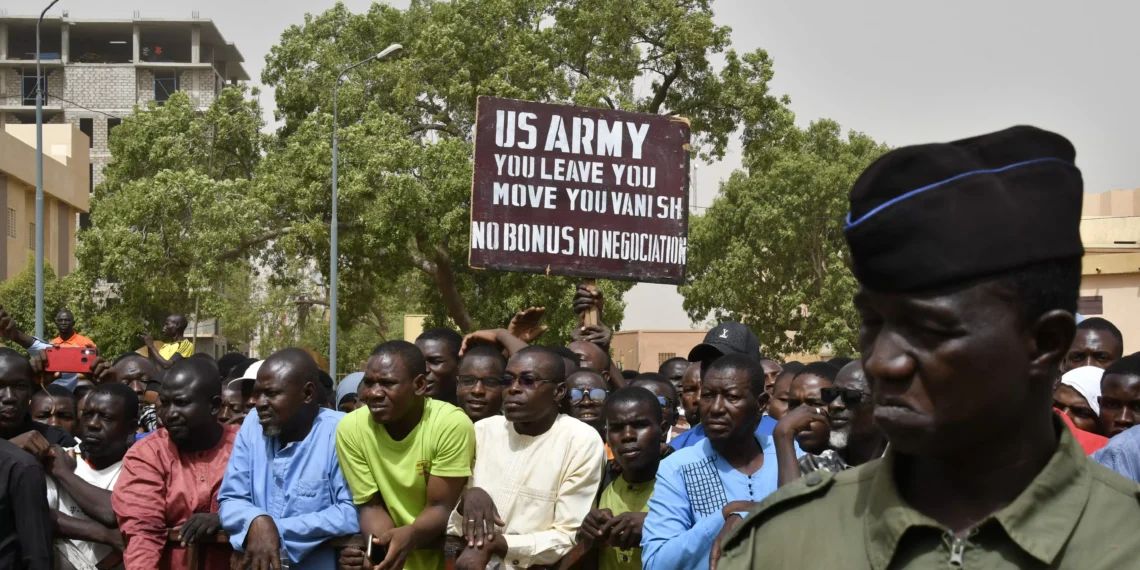In March of this year, the African country of Niger made a bold and unprecedented move – they gave notice to the United States military that they were no longer welcome in their country. This decision was met with both shock and confusion, as the U.S. has had a military presence in Niger for many years. However, two U.S. Representatives, Matt Gaetz and Jimmy Panetta, have recently come forward with allegations that the Pentagon lied about the circumstances surrounding Niger’s decision. This raises important questions about the relationship between the U.S. and African countries, and the role of the military in international affairs.
Niger’s decision to ask the U.S. military to leave was not made lightly. The country has been a key partner in the fight against terrorism in the Sahel region, and has allowed the U.S. to operate a drone base and conduct training exercises on their soil. However, the presence of U.S. troops has also been met with controversy, as many Nigeriens have expressed concerns about the lack of transparency and accountability surrounding their operations. This has led to tensions between the U.S. military and the local population, and has even resulted in deadly clashes in the past.
In light of these concerns, Niger’s decision to ask the U.S. military to leave was a bold and courageous move. It sends a clear message that Niger is taking control of its own sovereignty and will not allow outside forces to dictate their actions. This decision also highlights the growing trend of African countries reevaluating their relationships with foreign powers, and asserting their independence and agency in international affairs.
However, the recent allegations made by Representatives Gaetz and Panetta have cast doubt on the true nature of Niger’s decision. They claim that the Pentagon lied about the circumstances surrounding the notice, and that it was actually a result of a disagreement over the use of drones in the region. This raises important questions about the transparency and honesty of the U.S. military, and their intentions in Niger and other African countries.
It is understandable that the U.S. military would be hesitant to disclose the true reasons behind Niger’s decision. However, it is important for the Pentagon to be transparent and honest with the American people and the international community. The U.S. has a long history of military intervention in African countries, often with disastrous consequences. It is crucial that the U.S. learns from past mistakes and respects the sovereignty and agency of African nations.
Furthermore, the allegations made by Representatives Gaetz and Panetta also highlight the need for a deeper examination of the U.S. military’s role in Africa. The U.S. has a significant military presence in many African countries, and it is important to question the true intentions and impacts of these operations. Are they truly aimed at promoting stability and security, or are there underlying economic and political motivations at play? These are important questions that must be addressed in order to ensure a mutually beneficial relationship between the U.S. and African countries.
In conclusion, Niger’s decision to ask the U.S. military to leave was a bold and courageous move that highlights the growing trend of African countries asserting their sovereignty and independence. However, the recent allegations made by Representatives Gaetz and Panetta raise important questions about the transparency and honesty of the U.S. military. It is crucial for the Pentagon to be transparent and honest about their operations in Africa, and for the U.S. to reevaluate their role in the region. Only through open and honest communication can a mutually beneficial relationship be established between the U.S. and African countries.







